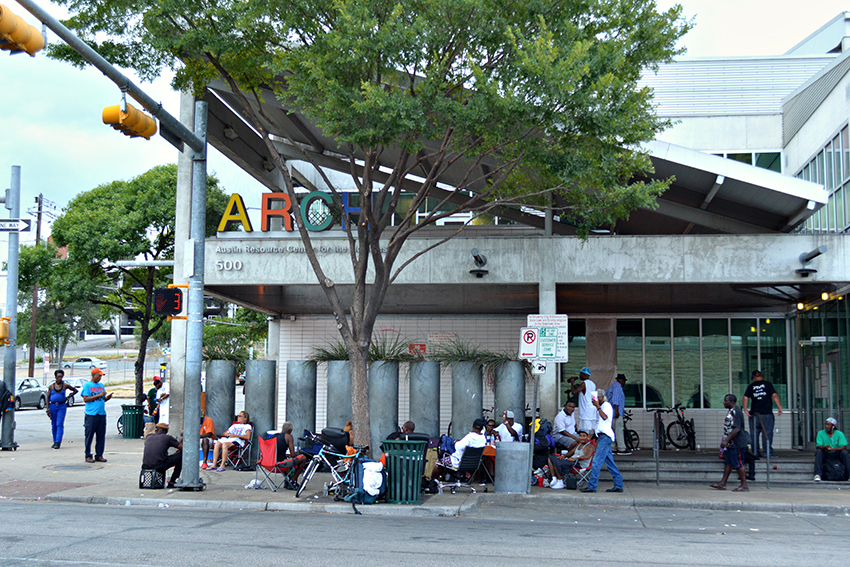Perhaps you’ve heard the term “drag rat” used to refer to an individual experiencing homelessness who frequents The Drag. Perhaps you’ve used the term yourself. It’s time to stop.
At its most basic level, the name “drag rat” denies the humanity of another individual. By calling them a “rat,” you reduce them to an animal. You deny them equal standing as another human being.
Already in a very vulnerable state, a person experiencing homelessness may not know when they’re going to eat next or where they’re going to find a safe place to sleep. The last thing they need is to be dehumanized by college students who are enjoying opportunities and privileges of which most of the world can only dream.
Kevin Stuart, the executive director of the Austin Institute for the Study of Family & Culture, pointed out that slurs can deeply impact these individuals. “Homeless people are affected in the same ways we all are: Our dignity is either affirmed or denied by the treatment we give and receive,” said Stuart. “The difference is that the treatment they get denies their dignity much more often than the treatment I receive does.”
Using terms like “drag rat” to describe vulnerable populations is a defense mechanism for most people. Interacting with homeless individuals can make people uncomfortable — they’re reminded of the suffering that takes place outside of a comfortable, privileged college experience. Stuart noted that using these terms can allow people to compartmentalize others’ suffering and ignore it.
“When the variety of human experience, brokenness and need is vividly embodied in our presence, we get scared and retreat to labels. That defense mechanism allows us to think we’re doing something other than what we too often are — ignoring the existence of a fellow human being,” Stuart said.
But we need to be aggressive about fighting this impulse to ignore the suffering that makes us uncomfortable. It doesn’t go away because we ignore it, and pretending it does not exist does not absolve us of our human connection to people who suffer. We can forget how easy it is to become homeless and how likely it is that we could find ourselves in the same situation.
In the United States, we tend to believe, almost religiously, that enough hard work will lead to success. But the sad truth is that many factors of our lives are outside of our control. Illness, a lost job, natural disaster, an injury — all of these things can lead to homelessness.
Had your life been slightly different, you could be sitting in the place of that homeless man. If your fortune shifts, you could sit there yet. We all share in our humanity, and we need to address each other in a way that reflects that. We need to avoid slurs like “drag rat” that create an artificial and cruel distance.
“I think it’s important to come to grips with the fact that homeless people are not props in the movie of our life,” Stuart reflected. “Helping them can be as involved as walking with them by volunteering regularly for an organization such as Mobile Loaves & Fishes. But at a more basic level, everyone can greet homeless people like a neighbor and treat them as a dignified human being.”
Grace Leake is a Plan II and business freshman from . Follow her on Twitter @grace_leake.





















